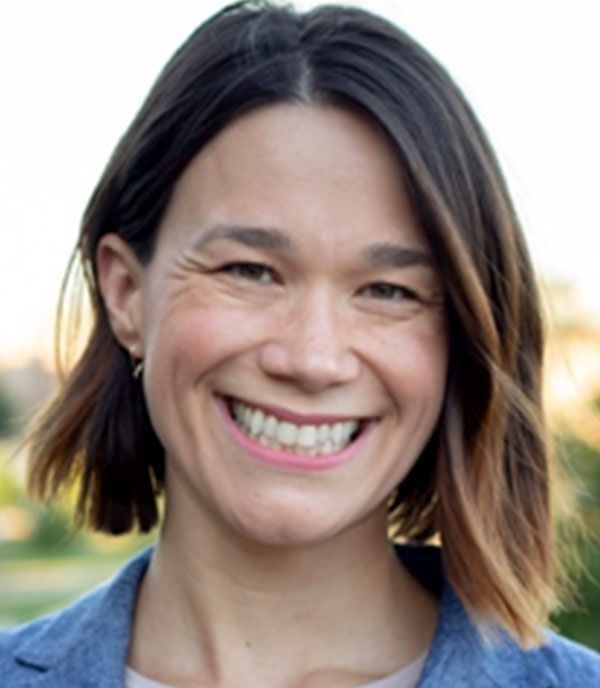New Faculty Member Brings Expertise in Substance Use Disorder
New Faculty Member Brings Expertise in Substance Use Disorder

When asked what led to her focus on substance use disorders (SUDs) among formerly incarcerated people, new faculty member Assistant Professor Sara Beeler-Stinn says, “I know this sounds like a cliché, but it really chose me.” She explains that her awareness of the issue began in her formative years, but her interest grew while working at a community behavioral health center for women and families impacted by SUDs. There, she engaged in psychoeducation group work and had a small case load of women who had been involved in the criminal justice system. “Over time, I realized how all-encompassing addiction can be for individuals and their families,” she says. “That is where my fire for this work started growing. I truly can’t imagine doing anything else.”
According to Beeler-Stinn, the literature shows SUD rates of 60% to 90% among people with criminal justice system involvement. “You almost can’t talk about justice system involvement without also talking about substance use,” she says, “particularly for marginalized and oppressed populations that experience lack of resources and access to services.” She also points to the frequency of co-occurring disorders such as depression, anxiety, PTSD, or other mental health problems, which often precede SUD and are exacerbated by incarceration. “People usually don’t receive SUD treatment while in prison, even though prisons are the only U.S. institutions mandated to provide healthcare,” she says.
As to her research interests, Beeler-Stinn wants to examine how individuals with SUDs and their loved ones understand the care that is required to support people living with SUDs. “There is a sort of trickle-down effect within the family, and there are intergenerational issues with SUDs; there’s still a lot of stigma associated with it,” she says. “But once we understand there is a biological and environmental component, and that it requires long-term care – not to mention the structural inequities and racism inherent in our healthcare, legal, and correctional systems – then we can start to build equitable services, systems, and policies to improve health outcomes.”
She also wants to understand how health systems in urban environments coordinate to provide integrated support to people with SUDs. “Cities often have hospital networks and various health clinics, and I want to look at how they talk to each other, what are the referral systems, or if there’s any intercommunication at all,” she says. “Coordinating care and integrating services are essential to optimizing health outcomes for people with SUDs, and for recovery and reentry success.”
About coming to JACSW, Beeler-Stinn says she is proud to be part of the social work profession and excited to educate future social workers. “Engaging with students, learning from them, and helping them go out and be the best social workers they can be is the greatest honor I can think of,” she says. “I’m also proud to be part of a university that is so connected to the community, with such a strong history of doing that, and to be part of Jane Addams, the ‘mothership’ of social work…it’s a real pinch-me moment!”